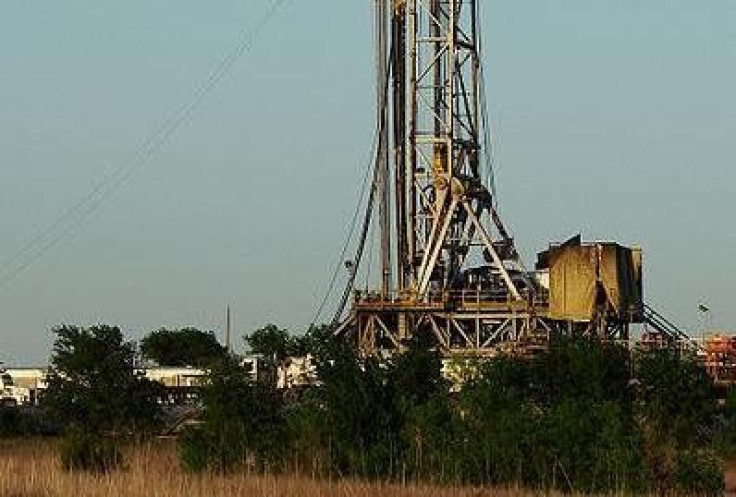Activists to Protest Against Fracking

A campaign against fracking is being organised on Saturday, 17 March at Manchester.
The campaign against hydraulic fracturing or fracking is sponsored by Climate Change, REAF, The Vale Says No, Frack Off and No Fracking in Sussex.
Hydraulic fracturing is a process in which millions of gallons of water and sand are pumped at very high pressure into the ground to break the rock and release gas. The gas-mixed water comes back to the surface, where the water is collected and processed into natural gas.
Hydraulic fracturing helps increase the amount of oil that can be extracted from an oil well. But the process is quite dangerous because the chemicals used in fracturing pose a threat to underground water and public health. It also causes earthquakes.
The first record of fracking natural gas was in 1947 in Texas. Since then fracking is used across the globe.
"Fracking has been shown to cause water contamination and earthquakes in the US, so it ought to be stopped here until we are certain it is safe. We also need to reduce our carbon emissions and fracking will cause a disastrous cut to investment in low-carbon power sources. The only sensible course is to say 'no thank you' to fracking," said Carl from Frack Off.
© Copyright IBTimes 2024. All rights reserved.





